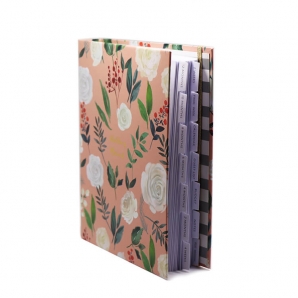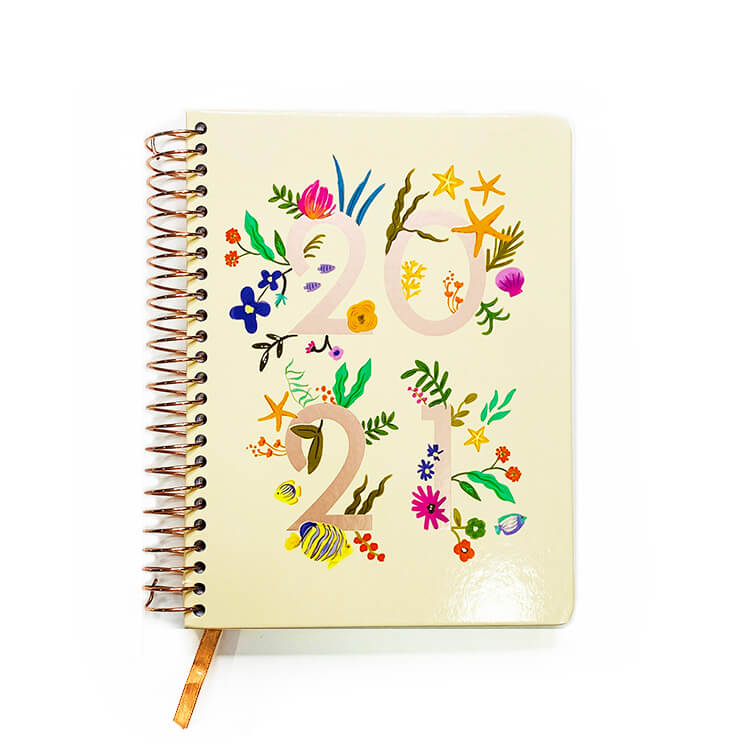The Best Way To Make And Use Flashcards
 Sep 08,2023
Sep 08,2023

 SESE
SESE
The Best Way To Make And Use Flashcards
Creating and using flashcards effectively can significantly enhance your learning process. Here's a step-by-step guide on the best way to make and use flashcards:
Creating Flashcards:
Choose Your Material: Decide what information you want to study. This can be vocabulary words, historical dates, mathematical formulas, or any other type of information you need to remember.
Keep It Concise: Be concise when formulating your flashcards. Use bullet points, keywords, or brief phrases to convey the main points. Avoid lengthy sentences or paragraphs.
Use Both Sides: Most flashcards have a question or term on one side and an answer or definition on the other side. Be sure to utilize both sides effectively.
Add Visuals: Whenever possible, include visual aids like diagrams, images, or symbols on your flashcards. Visuals can make information more memorable.
Organize Them: Group your flashcards by subject or topic to make it easier to study related information together.
Using Flashcards:
Active Recall: When using flashcards, practice active recall. Read the question or term on one side, and try to recall the answer or definition before flipping the card. This engages your memory and reinforces learning.
Space Repetition: Implement spaced repetition techniques. Review flashcards at increasing intervals. Start with daily, then every few days, then weekly, to reinforce long-term retention.
Mix Subjects: If you have flashcards on various topics, shuffle them rather than studying all cards from one subject at once. Mixing subjects improves your ability to recall information under different conditions.
Create Mental Associations: When reviewing flashcards, try to create mental associations or mnemonic devices to help remember complex or abstract concepts.
Track Progress: Keep track of your progress by separating mastered cards from those you struggle with. Focus more on the ones you find challenging.
Use a Timer: Set a timer for each session. Short, focused study sessions with breaks in between are more effective than cramming for hours.
Teach Others: Teaching the content to someone else, even if it's just explaining concepts on your flashcards to a friend or family member, can help reinforce your own understanding.
Regular Review: Consistency is key. Make flashcard review a regular part of your study routine. It's better to study a little every day than to cram all at once.
Digital Tools: Consider using digital flashcard apps or software. Many apps offer features like spaced repetition and the ability to sync your flashcards across devices.
Stay Positive: Stay motivated and maintain a positive attitude toward your flashcard study. Reward yourself for reaching milestones.





 Home
Home How to Print Your Own Card Game by Sese Printing Company?
How to Print Your Own Card Game by Sese Printing Company?  You May Also Like
You May Also Like




 Tel
Tel
 Email
Email
 Address
Address







